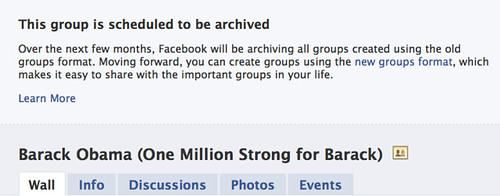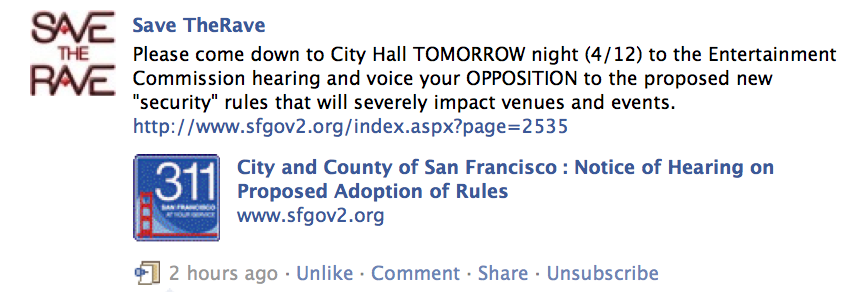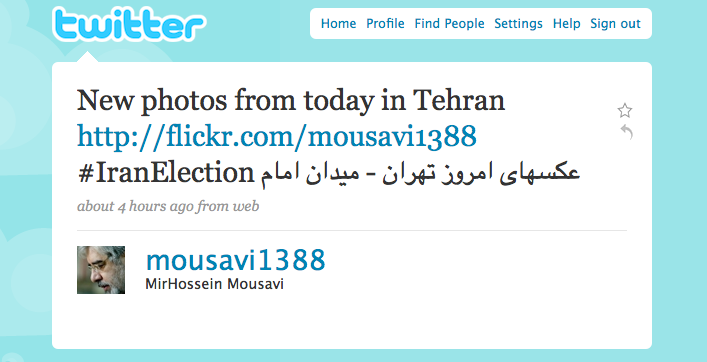Originally published as “Hold that thought”
(Part 5 of “TechCrunch, disrupted”)
 The day after TechCrunch Disrupt ended, a fascinating study on “collective intelligence” led by Anita Woolley of Carnegie Mellon University appeared in Science.  The researchers found that a group’s success in solving problems wasn’t correlated to the average intelligence of the group, or the IQ of the smartest person. Instead, it was related to “social sensitivity”, whether everybody got to participate in the discussions, and the number of women in the group.
The day after TechCrunch Disrupt ended, a fascinating study on “collective intelligence” led by Anita Woolley of Carnegie Mellon University appeared in Science.  The researchers found that a group’s success in solving problems wasn’t correlated to the average intelligence of the group, or the IQ of the smartest person. Instead, it was related to “social sensitivity”, whether everybody got to participate in the discussions, and the number of women in the group.
The article’s behind a paywall, but Malicia Rogue’s On savvy and groups discusses it in detail and provides a lot of background. There’s an excellent discussion on GeekFeminism, a podcast on CBC, and good articles in National Geographic, NPR, Science Daily, and The Globe and Mail.
Nobody mentioned it in the press coverage, but these results also align with Scott Page’s underlying model of the value of cognitive diversity in problem solving. Diversity = Productivity summarizes Scott’s work showing why diverse teams perform better than individual experts or even teams of experts — if they can work together effectively, that is.*Â Â So while there’s a lot more to discuss about this study, for now let’s just accept its results at face value and hypothesize that they apply to larger teams as well.
Now consider a group that we’ll call “TechCrunch and friends”. How effective would we expect them to be at problem solving?
Continue Reading »






